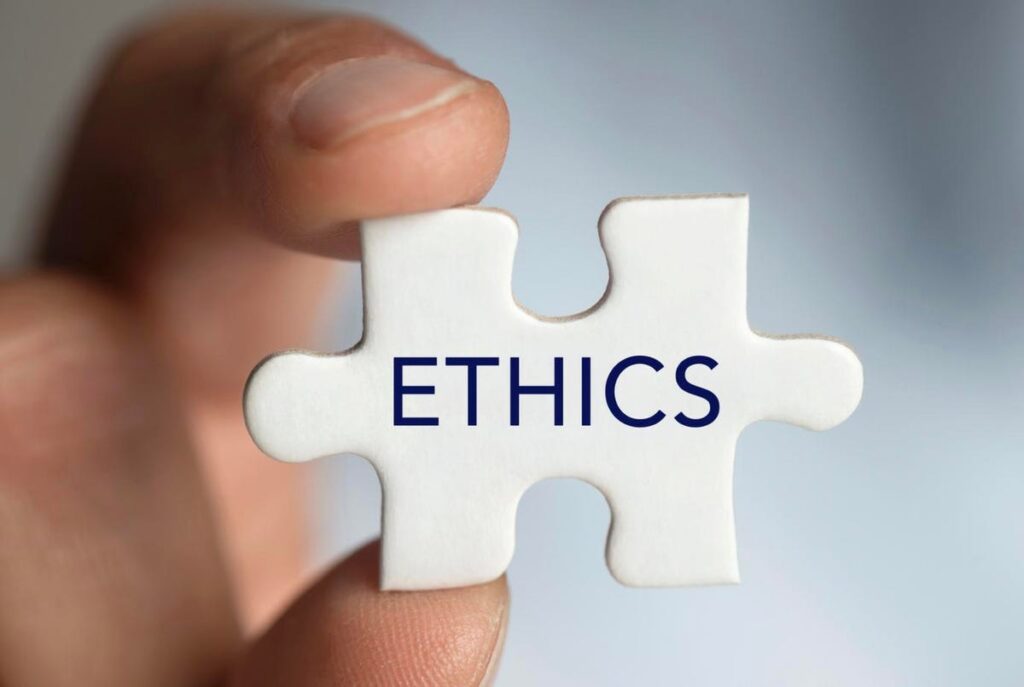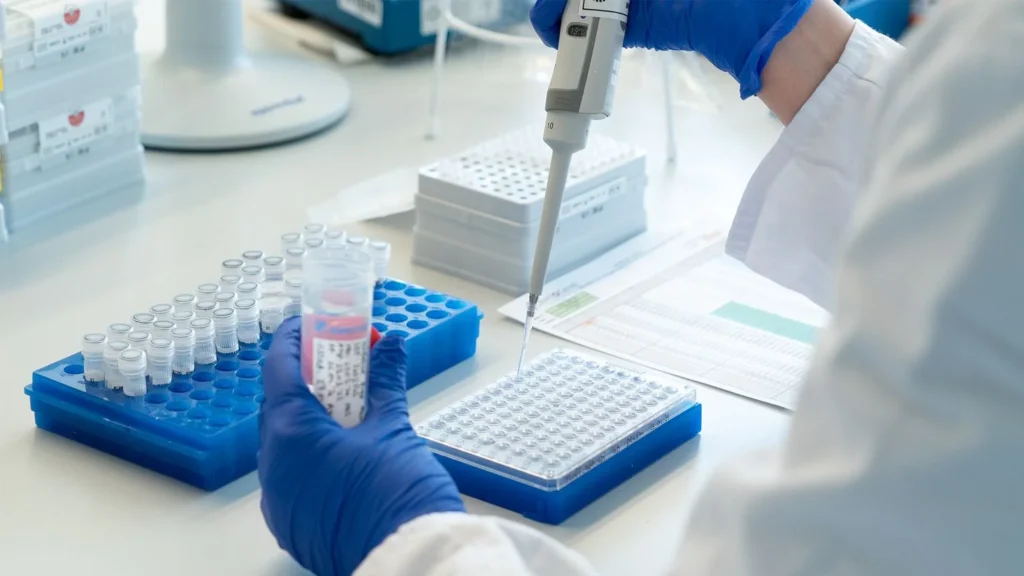The Ethics of DNA Testing: What You Need to Know

DNA tests are quite the hassle these days. The need for it, however, is high with the rising number of legal requirements. Insurance companies and executors demand a DNA test to confirm the heir’s identity. As modern science has progressed, there are yet some social boundaries within which such tests need to be carried out. Even the results of the tests cannot be available to everybody at will. The ethics related to DNA testing guide how the results shall be kept confidential and shall be available to which parties and at whose will.
What Are Ethics?

Although ethics, law, and morals are connected, it is vital to keep in mind that there are a number of distinct types of normative or behavioral standards that are acknowledged within communities. There is law, first of all. A legal code is a bare minimum that is permissible within a country. A certain group’s conduct should be within the legal boundaries of the nation and state. The public as a whole punishes people in it who disobey the law, albeit the degree of the penalty depends on the perceived harm to the community. If you ever require a Paternity test, you can rest assured of the ethical practices followed by them.
The moral code is the second factor. The moral code is different from the legal code because the penalties for breaking the law are usually harsher than for breaking moral standards. The legal code covers a wider range of rules than just moral standards. Ethics are practices that tend to protect the interest of society as a whole. Besides the general ethics present in society, there are professional ethics that need to be adhered to by testing facilities. The professional code of conduct does not allow some practices except when the law makes an exception.
What Are The Various Ethical Aspects Of DNA Testing?
The Process
DNA testing is done for various reasons. Paternity tests are typically done to identify if a child is the biological descendant of a person or not. The reason behind the test can vary, but the process remains the same. There is usually a cotton swab that is rubbed on the inside of the cheek of both prospective parties. This swab is collected and tested using a simple method that tries to match the DNA strands. A positive match signifies that the DNA has matched.
Other forms of testing are often done with the help of hair strands, blood, skin, and fluids in the body. Different types of testing bases are used depending on the type of diagnosis required. Your practitioner shall inform you about the type of DNA test you are eligible for with justified reasoning. If you are being tested, you have the right to know which of the methods are being used and why barring some exceptions.
Testing For Diseases

Sometimes, insurance companies might want you to have a DNA test before you can qualify for health or life insurance. This is typically the situation when they wish to find out whether you are from a family that has had typical genetic disorders. In any case, the facility or the insurance company cannot disperse information related to the genetic test to any third party without your consent. Only legal authorities under a special provision may be provided such information if the case may need it.
In case there is a disease that you have or have a great probability of having, the testing facility cannot inform medical institutions directly on your behalf either. You can choose to treat it or not as and how you please.
In Vitro Fertilization
In vitro fertilization is a technique in which the ovum of the female is fertilized outside the body using discrete or desired sperm. This method of causing pregnancy is gaining popularity these days. Sometimes, there are plenty of possible complications in the genetic properties of the embryo. The fertility center where you are getting your In vitro fertilization cannot perform a genetic test at their discretion. In some complications, they may recommend and insist on getting it done, but the final decision lies with the individuals that want to get the DNA test done.
Genetic Indiscrimination
Genes can also be a factor in discrimination among people. People that are more likely to have a disease or disorder may be discriminated against. People in power may turn against you if there is such a possibility. Sometimes, if this information is available to everybody, relationships and social understanding starts getting hampered. People would not associate with those people that may have a disease.
This unjust discrimination is wrong on many levels, as DNA cannot be altered by anybody in a desired way. This discrimination can be prevented by keeping all the results and personal information confidential. If there are complications, they should immediately be informed to the respective individual whose test has been conducted.
Tests On Children

Testing children for genetic illnesses can create counseling and consent issues. Sometimes, obstetricians may need to test babies who were already born because their parents were identified as carriers of genetic diseases through prenatal screening. However, most of the time, pediatricians or geneticists are the ones who conduct genetic screening for infants.
When doctors are in this situation, they need to find a balance between protecting the child’s health and providing information to the parents that can help with their child’s healthcare. It’s important to respect the child’s rights while also considering the parents’ need for information.
Conclusion
As society develops, ethical practices will change. However, the basic understanding of privacy shall remain the same. Consensual testing and disclosure will remain a crucial practice to retain the faith of people in DNA testing. Proper diagnosis and solutions may be provided by the testing facility post the results are out.




